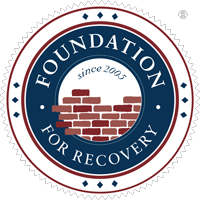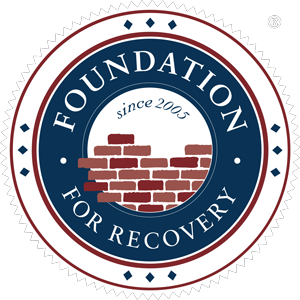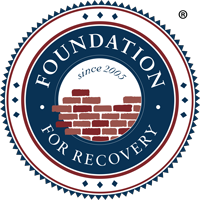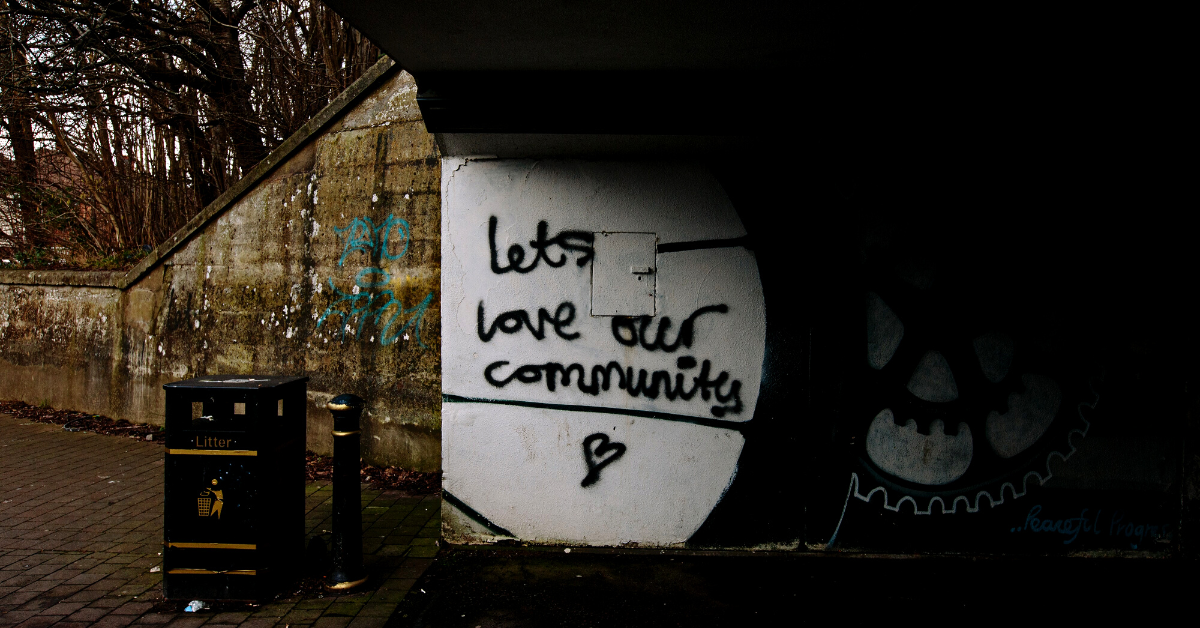The #AHCAlypse campaign is a social media effort that aims to educate the public and policymakers about the impact of the House-passed American Health Care Act (AHCA) on mental health and addiction treatment.
The Congressional Budget Office (CBO) estimates that the AHCA will result in the loss of health care coverage for 23 million Americans, leaving 51 million individuals without insurance by the year 2026. Given the waiver offered to states for essential health benefits, costs for those with preexisting conditions could become prohibitively expensive, putting care out of reach for those dealing with these concerns. 14 million of the 23 million individuals expected to lose their health care will be a result of the nearly $1 trillion cut to Medicaid. This cut devastates those receiving treatment for substance use disorder or mental health issues. The AHCA would also cause premiums for seniors to skyrocket, eating up the little disposable income many in the elderly community have.
To encourage engagement and conversation about the impact of AHCA on mental illness and addiction, groups from across the United States have developed this online campaign. We encourage you to share your message on your social media platforms such as Facebook, Twitter, Instagram and LinkedIn.
The House health care reform bill, AHCA, has many families and communities worried about its impact on those with mental illness, substance use disorders, pre-existing conditions and many other health care needs. The changes to Medicaid and pre-existing conditions protections are particularly important to those with substance use disorders and mental health conditions.
The Congressional Budget Office (CBO) estimates that the AHCA will result in the loss of health care coverage for 23 million Americans, leaving 51 million individuals without insurance by the year 2026. Given the waiver offered to states for essential health benefits, costs for those with preexisting conditions could become prohibitively expensive, putting care out of reach for those dealing with these concerns. 14 million of the 23 million individuals expected to lose their health care will be a result of the nearly $1 trillion cut to Medicaid. This cut devastates those receiving treatment for substance use disorder or mental health issues. The AHCA would also cause premiums for seniors to skyrocket, eating up the little disposable income many in the elderly community have.
As you may know, Medicaid expansion covers 1.29 million low-income people with substance use disorders. In the United States we have a treatment access issue:
- While roughly 22 million individuals are in need of treatment related to drugs or alcohol, only 10% receive it.
- 29% of people who receive their health insurance through Medicaid expansion either have a mental illness or a substance use disorder or both; and Medicaid pays for between 30-50% of all medication-assisted treatment nationwide.
- In addition, States hardest hit by the opioid epidemic would be at greatest risk for coverage reductions if Medicaid expansion is repealed.
What You Can Do:
- Follow/Like us on social media to stay up-to-date on the latest from the campaign. https://twitter.com/AHCAlypse
Post messages and shareables to your social media.
Share the toolkit with your network
Use #AHCAlypse in social media posts to spread the message
Learn more at: https://www.thunderclap.it/projects/57764-ahcalypse-campaign



